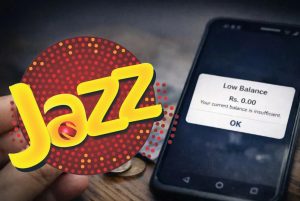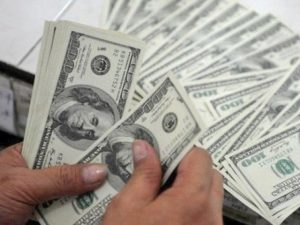The US Senate has overwhelmingly passed a bill that calls for the banning of TikTok unless its Chinese parent company, ByteDance, divests from the video-sharing platform within nine months, citing concerns over national security threats.
TikTok has refuted claims that the Chinese government could access users’ data and has criticized the bill, which was approved by a 79-18 vote, as unconstitutional. The bill was attached to a measure aimed at providing a $95 billion emergency aid package for Ukraine, Israel, and Taiwan.
President Joe Biden has indicated his intention to sign the bill into law.
What do we know about the TikTok ban, and what comes next? Why has TikTok been targeted for a ban, and what ramifications will it have for the platform?
ByteDance acquired the popular karaoke app Musical.ly and rebranded it as TikTok in 2017. It has rapidly become one of the fastest-growing apps in the US, boasting 150 million monthly subscribers, with over half of them aged between 18 and 34. By 2023, the platform had surpassed one billion monthly active users globally and generated $120 billion in revenue, $16 billion of which came from the US alone.
The app’s increasing influence has drawn scrutiny from intelligence agencies and lawmakers in the US who fear that TikTok may share users’ data with the Chinese Communist Party (CCP), an allegation the company denies. Some argue that this data could be exploited by China to disseminate misinformation that undermines democratic processes.
Senator Marco Rubio, the leading Republican on the US Senate Select Committee on Intelligence, remarked, “For years, we’ve allowed the Chinese Communist Party to control one of the most popular apps in America. That was dangerously shortsighted. A new law will require its Chinese owner to divest the app. This is a positive step for America.”
In December 2022, the US Congress prohibited the use of the app on federally issued devices or networks. Several other countries have also imposed restrictions on TikTok’s usage in government settings. India banned the app in 2020 amid border tensions, despite having 200 million subscribers.
Moreover, the widely used app has faced allegations of promoting pro-Palestinian content, which the company denies. TikTok reported that its young users in the US, comprising 60% of its total user base, expressed sympathy for Palestine in November.
TikTok executives have faced rigorous questioning in numerous congressional hearings. In March of the previous year, the company’s CEO, Shou Zi Chew, reassured lawmakers that TikTok had implemented measures to protect user data.
Furthermore, the company has committed $1.5 billion to establish TikTok’s infrastructure in the US, with Oracle, a US-based multinational corporation, set to provide cloud and storage services for the initiative. Additionally, TikTok has taken steps to segregate its US operations from its Chinese parent company.
China’s Foreign Ministry has dismissed US allegations as unsubstantiated and contends that the ban will undermine fair competition. Several Chinese technology firms have been blacklisted by the US amid an ongoing technology and internet dispute between Washington and Beijing.
Recently, Apple disclosed that Beijing had instructed it to remove Meta Platforms’ WhatsApp and Threads from its App Store in China due to Chinese national security concerns.














